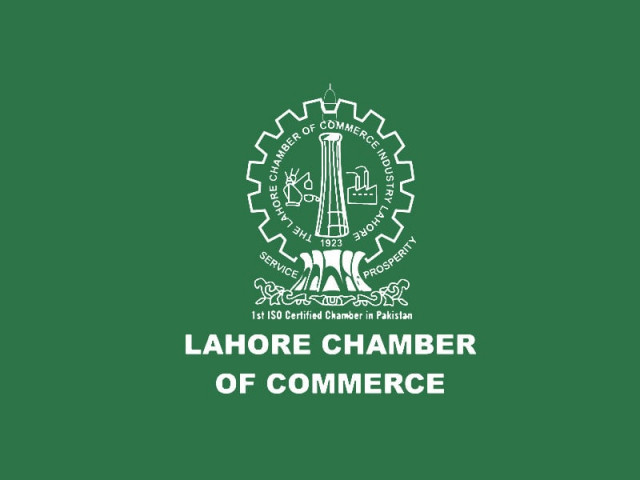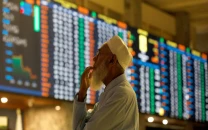Businessmen oppose tariff rationalisation
Say policy changes will turn Pakistan into import-dependent economy

The Lahore Chamber of Commerce and Industry (LCCI) has strongly opposed proposed changes under the draft National Tariff Policy 2025-30 presented by the Engineering Development Board.
Terming the measures anti-industry, LCCI President Mian Abuzar Shad warned that the new policy could have serious repercussions for Pakistan's industrial base, trade balance and economic sovereignty.
"While reforming the tariff regime is important, the current proposal is likely to increase Pakistan's reliance on imports, shifting the country further away from a manufacturing-driven economy," he said, according to a statement issued on Tuesday.
Shad was of the view that following a substantial reduction in import duties and the elimination of additional customs duty and regulatory duty, the government risked turning Pakistan into an import-dependent economy.
He cautioned that lower tariffs would spark a surge in imports, thereby putting immense pressure on the current account and foreign exchange reserves, which were already under stress. "Pakistan cannot afford such liberalisation at the cost of macroeconomic stability," he emphasised.
The LCCI chief criticised the proposed tariff spread of 0% to 15% as too narrow to reflect the development needs of a diverse industrial landscape. "Even globally competitive and specialised economies such as China maintain a much wider tariff spread to protect sensitive sectors. This narrow spread will blur the line between manufacturers and importers, discouraging local production," he elaborated. Shad underscored that such changes would cause revenue loss to the government while exacerbating the public debt burden. "The expected drop in customs revenue will need to be compensated through indirect taxes or further borrowing, both of which will hurt the economy."
Pointing to the already high cost of doing business, the LCCI president stressed that the move would further impede industrial growth. "Our industries are already burdened by high energy tariffs, inefficient labour markets and a complex tax regime. These tariff cuts could lead to shutdowns and job losses."
He urged the government to reconsider the premature rationalisation and engage in meaningful consultation with industry stakeholders to develop a tariff structure that could support both industrialisation and exports.





















COMMENTS
Comments are moderated and generally will be posted if they are on-topic and not abusive.
For more information, please see our Comments FAQ